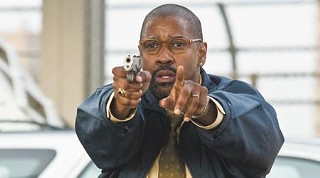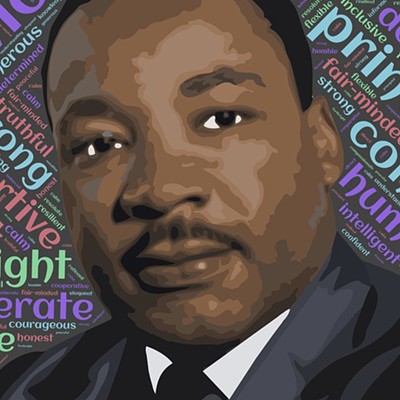THE TAKING OF PELHAM 1 2 3
**
One of the many delights tied to the 1974 drama The Taking of Pelham One Two Three is that it's a New York picture down to its Big Apple core. Between a principal cast comprising almost exclusively NYC natives (apparently, birth certificates were required at the auditions), screenwriter Peter Stone capturing the colorful colloquialism without lapsing into parody, and director Joseph Sargent never downplaying the grit and grime that defined the city during its most notorious decade, this film-buff favorite benefits as much from its pungency as from its nifty plot in which four men hijack a subway car and holds its passengers for ransom.
Placing the new version, The Taking of Pelham 1 2 3, next to its predecessor (both were adapted from John Godey's best-selling novel) makes the current model seem about as interesting as a tarnished doorknob, but rather than belabor the point, just rent the original and thank me later. As for those venturing forth to catch this update, be prepared for a moderately agreeable thriller that unfortunately flames out with at least a full half-hour to go.
Here, the four criminals are led by the tattooed, mustachioed Ryder (John Travolta, looking ridiculous but still exuding a small modicum of menace), who promises to start blowing away hostages unless $10 million is delivered into his hands in exactly one hour. Trapped in his sinister scenario is Walter Garber (Denzel Washington, typically dependable but not half as much fun as the original's Walter Matthau), the dispatcher who reluctantly serves as the intermediary between Ryder and the city (repped by James Gandolfini's surly mayor).
Few directors are as impersonal as Tony Scott (Domino, Days of Thunder), and he exhibits this detachment once again with a picture that's more interested in style than substance -- even the city of New York, the true principal player in this tale, fails to come to life, meaning this film might as well have been set in Chicago or London or any other metropolis with a sprawling subway system. Still, for a good while, Scott and his team make this Pelham a watchable affair, thanks to a capable (if often wasted) cast and several tense exchanges orchestrated by scripter Brian Helgeland. But once the action moves away from that isolated subway car, Scott and Helgeland pump up the volume in an attempt to give audiences the payoff the filmmakers think they expect. It's a monumental mistake: Whereas the original Pelham brilliantly uses a simple Matthau close-up to wrap up the story in sly, subtle fashion, this one piles on all manner of ludicrous developments, including (but not limite d to) a topside gun battle and an unveiling of Ryder's master plan. By the time we get to a groaner of a showdown between the two stars, it's obvious that this vehicle jumped the tracks a while back.
TYSON
*1/2
As far as documentaries go, Tyson is a crock. Director James Toback is an acknowledged friend of former boxing great Mike Tyson, so for 90 minutes, he turns on his camera and allows the man to speak at length about his troubled life, both in and out of the ring. There are no other participants, no other voices to support or oppose whatever Tyson says -- even Toback himself refuses to ask any pressing questions. So when Tyson claims that he was innocent of the rape charge that sent him to jail, well, he must be telling the truth. When he states that first wife Robin Givens said false things about his mental condition during a Barbara Walters interview, we should take him at his word (even though the footage itself reveals that Givens was probably accurate). And when he claims that his first manager/mentor Cus D'Amato was the only person who cared for him -- though Cuz myopically only turned him into a fighting machine, not into a man able to function in society -- we're expected to accept that at face value. Sorry, but no. If there's one thing that this film makes crystal clear, it's that, after all these decades, the ex-pugilist has barely developed as a human being. Tyson discusses how his jail stint turned him into a more spiritual person, but next we see vintage footage of him going psychotic on a reporter. He accuses promoter Don King of being the type of man who would "sell his own mother for a dollar" (a funny line), but he reveals himself to be equally beholden to high finance (when discussing an out-of-court settlement, he cluelessly notes, "It wasn't much money -- 20, 30 million"). This documentary would matter more if Tyson came clean about his past or showed any genuine remorse for his choices, but instead, it merely functions as a disingenuous attempt to make him palatable to the mainstream (see also his role in The Hangover). Realizing the limitations of both his subject and the material which he provides, Toback tries to jazz his film up with split images, overlapping dialogue and other tricks of the trade. But this grasping approach only serves to make a slender film even more insignificant.


























